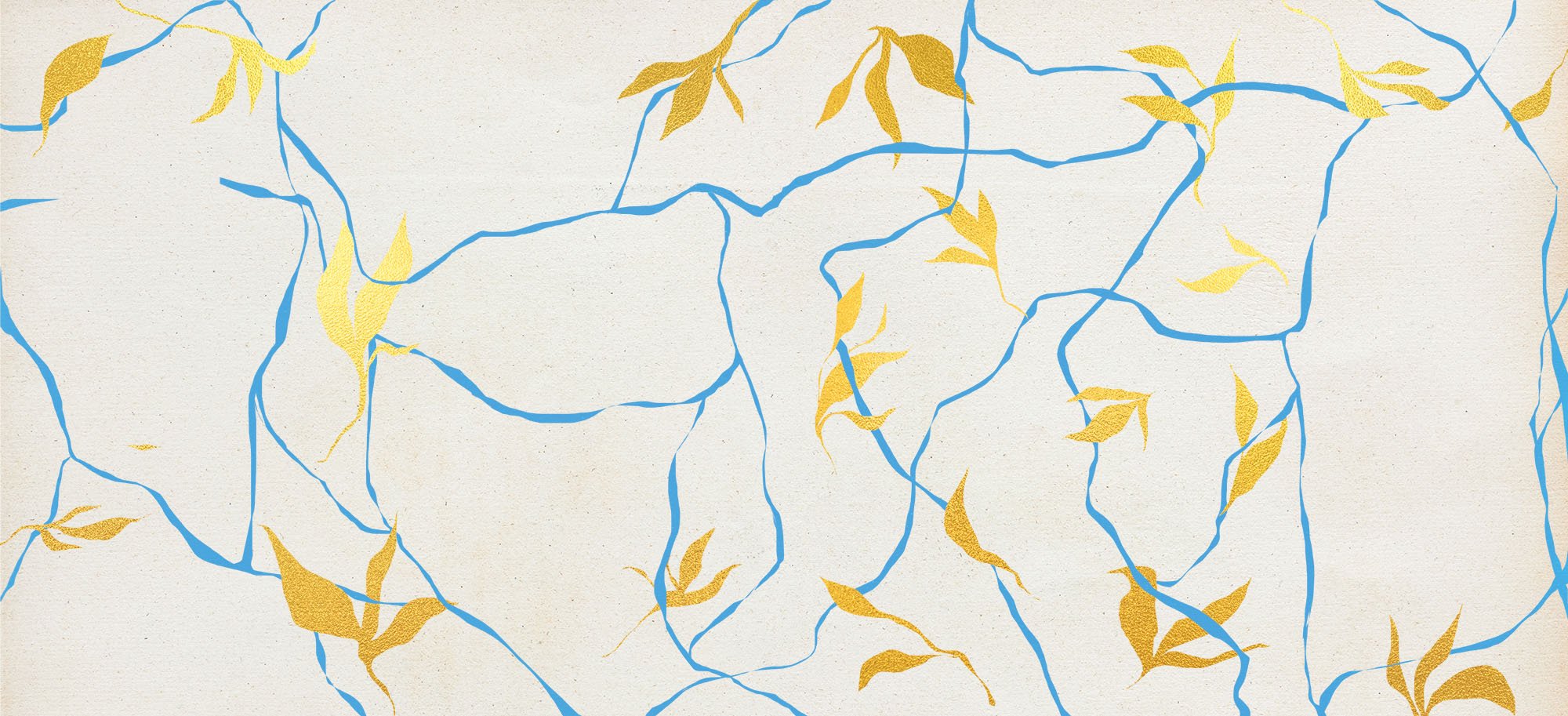
Obiajulu Justina Ejiofor
Obiajulu Justina Ejiofor was born in the Nigerian village of Oyofo-Oghe in 1952. She was the eldest child of nine, born to a 13 year-old mother with little formal education. The family initially lived in a two-room bungalow with dirt floors. It would be decades before they had running or reliable electricity.
Obiajulu lived under British rule, as did all Nigerians, until the country was granted independence in 1960. But after the British left, tensions among the nation's many tribes soon turned violent. She was barely a teenager when a period of ethnic cleansing, known as the pogroms, erupted across the northern part of the country.
She met and fell in love with my father, Arinze, just months before the violence exploded. Somehow, their teenage love survived ethnic cleansing, civil war and famine. Shortly after the war ended, my mother and father moved to England, eager to escape the horrors of war and start a new life in the West.
Then it all came crashing down. Obiajulu was a pregnant mother of three when Arinze was killed in a car accident during a father-son road trip with my big brother Chiwetel. And that is where our story, Where the Children Take Us, begins.

My 11-year-old brother was the sole survivor of that accident on the road to Lagos. My mother was nearly consumed by grief in those early months. She refused to eat, speak or leave her room at first. Arinze was the love of her life, the only boy she'd ever kissed, a larger-than-life character who held the family together. She almost gave up. But things changed for her, and for us, one night as the family was on the verge of falling apart. She summoned an inner strength she didn't know she had and slowly, painfully, set us on a better path.
As a single mother of four, she did anything and everything to stop us from veering down the wrong path in a neighborhood beset by poverty and crime. She started a family book club to teach us western literary classics that she had barely heard of herself. She plastered newspaper clippings of Black success stories all over our walls. And when Chiwetel discovered acting at 13, she taught herself Shakespeare to push him to be better.
I don’t think I’ll ever fully understand how she did it, how she triumphed through unspeakable tragedy. Today, my siblings and I have surpassed every expectation. My sister is a medical doctor; my brother, who nearly died in that car accident, is now an Oscar-nominated actor; I am a global news anchor; and my eldest brother, a successful entrepreneur.
As an adult with a young family of my own, I am only now just beginning to understand the depths of my mother's sacrifice and strength. She gave us everything she had and more. I often tell my husband that I wish she could live forever. His response is always the same: thanks to this book, she will.
Where The Children Take Us is available now.
